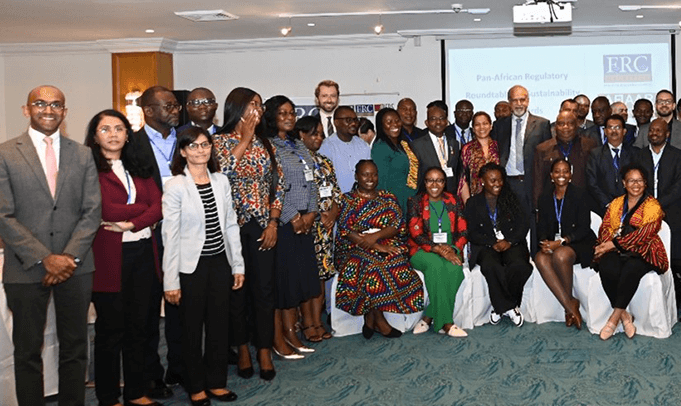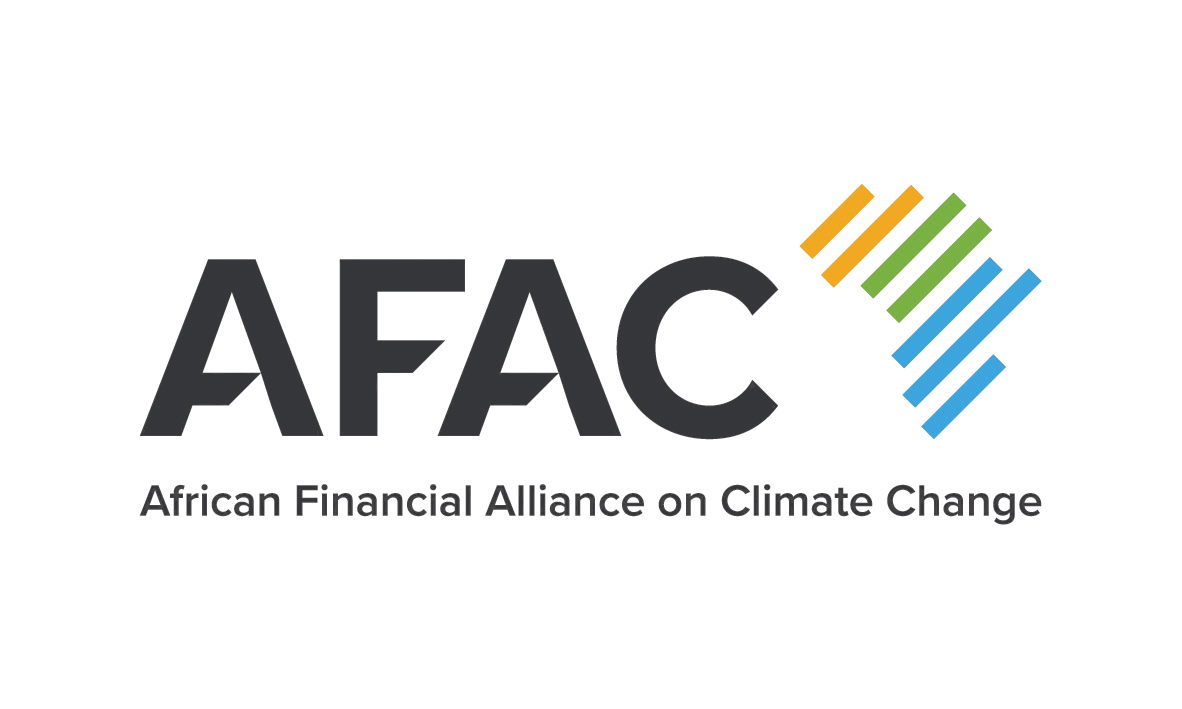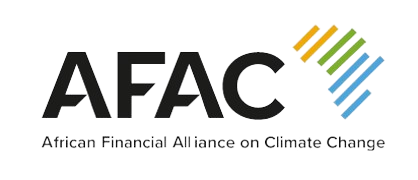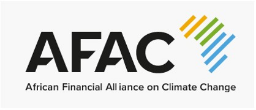
The Pan African Financial Reporting Regulatory Roundtable. 7 - 8th May 2024 | Port Louis, Mauritius
On 7-8 May 2024, representatives from 22 jurisdictions met in Mauritius to discuss the ISSB Standards at the inaugural ISSB pan-African regulatory roundtable on sustainability standards, which was hosted by FRC Mauritius and convened by AFIAAR and the IFRS Foundation. AFAC members supported the delivery of the Roundtable alongside the Pan African Federation of Accountants (PAFA) and African Integrated Reporting Community (AIRC) members.
Over 90 people were convened to leverage peer learning and knowledge sharing to support the adoption of the ISSB Standards (including roadmap development and capacity building) and implementation. Jurisdictions represented included Botswana, Cameroon, DRC, Ghana, Guinea-Bissau, Kenya, Lesotho, Mauritius, Namibia, Nigeria, South Africa, Tanzania, Togo, Uganda, Zimbabwe, WAEMU (Benin, Burkina Faso, Cote D’Ivoire, Guinea-Bissau, Mali, Niger, Senegal and Togo).
The first day focused on the ‘adoption of ISSB Standards within a global context’, with sessions focusing on the overview of adoption roadmap processes, feedback from African jurisdictions on adoption, and interoperability of ISSB Standards, particularly with the ESRS (European Sustainability Reporting Standards), and how ISSB Standards can mobilise capital flows towards Africa.
Day 2 focused on ‘from commitment to implementation’, covering detailed experiences of adoption approaches and roadmaps, the IFRS Foundation’s capacity-building plans and the needs of African jurisdictions, an introductory session to the ISSB’s Digital Taxonomy, and a summative session of key lessons and opportunities in developing a roadmap.
During the two-day programme, jurisdictions discussed their progress in adopting ISSB Standards, with 3 jurisdictions (Nigeria, Ghana and Tanzania) highlighting the development and announcement of adoption roadmaps for the ISSB’s Standards.
Key Takeaways:
- ISSB Standards in unlocking capital flows for African jurisdictions
Key points raised by Gfanz and AfDB highlighted the value of the ISSB Standards in unlocking capital flows, noting that it will be important for every jurisdiction to champion the ISSB Standards and the value of the standards for encouraging global competitiveness of African businesses. Capital mobilisation is contingent on how to carry valuation – the challenge is not a lack of opportunities, but a lack of data. Ensuring that disclosures are high quality remains critical, to ensure that sustainability practices and compliance issues are met. Noting the challenges, WAEMU underlined how currently, there is inadequacy of data analytics, accuracy of financial reporting and reliability that have to be improved to support the unlocking of capital flows.
- The importance of Capacity Building to support ISSB Standards adoption
The capacity building session provided participants with an overview of the additional support provided by the IFRS Foundation, and its partners, through the IFRS Foundation’s Capacity Building Partnership Framework, of currently 41 partners, to support the market with implementation. All attendees agreed that capacity building across all tyles of stakeholders (preparers, investors, regulators, other stakeholders), is essential, with a common responsibility to act on the pledge made by the African Finance Ministers. Interventions highlighted included two from PAFA and the UNSSEI respectively. The PAFA project, funded by the UK Foreign and Development Office (FCDO) is to support PAFA in the creation of a comprehensive capacity building programme with its network of 125,000 African Accountants, across 56 professional accountancy organisations (PAOs) in 45 African jurisdictions on ISSB Standards. The UNSSEI programme supports stock exchanges with model guidance on ISSB Standards and a joint training programme available as free-to-access for stock market participants on ISSB Standards.
The session noted that additional partnerships and new ways of support may be required tailored to the African continent, as well as translation of key education materials into French to support Francophone jurisdictions. In the separate session on digital taxonomy, the need to ensure that capacity building for the ISSB Taxonomy is provided, to support jurisdictions that have not established digital filing systems for financial statements to develop such systems and require digital reporting of sustainability-related financial disclosures.
- The criticality of proportionality to support African adoption
Representatives from Ghana and Rwanda noted that during corporate engagement, there is a need to consider the resource levels of smaller companies and less mature companies when implementing ISSB standards. It was noted the proportionality mechanisms built into the ISSB Standards in respect to a number of disclosures, for preparers to use reasonable and supportable information that is available at the reporting date ‘without undue cost or effort’, a concept that applies to the information required to be used to prepare disclosures. This concept is intended to help preparers by ensuring what is required from them is proportionate to the circumstances. Attendees discussed how to ensure the right level of trade off in balancing the costs and benefits for both larger and smaller organisations in disclosure.
- A multi-stakeholder, partnership led approach
To drive ISSB adoption within jurisdictions, there is a recognised need for the early involvement of all key stakeholders. Several examples were provided: Kenya highlighting the strong operation between ICPAK, the Capital Markets Authority and the Stock Exchange, while other jurisdictions (Nigeria and Ghana) have both established Adoption Readiness Working Groups with all key stakeholders involved.
In a similar context, there is a need to continue to build partnerships across Africa, including the integration of more jurisdictions into AFIAAR, and similar associations, in order to facilitate collaboration.
- Supporting francophone Africa
Across all sessions, representatives from francophone Africa underlined the gap in progress between anglophone and francophone Africa, and the criticality of picking up pace, as well as ensuring the translation of guidance materials into French, to accelerate the adoption of the ISSB Standards in francophone Africa.
Attendees at the Pan-African Regulatory Roundtable, 7 May 2024





